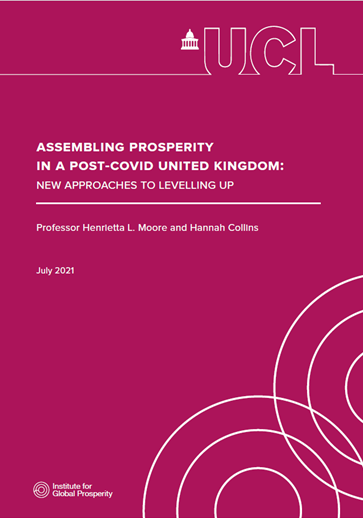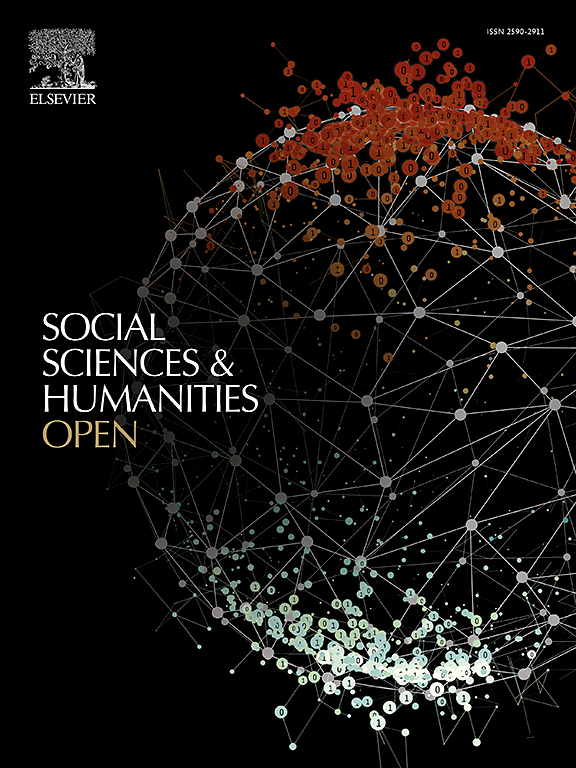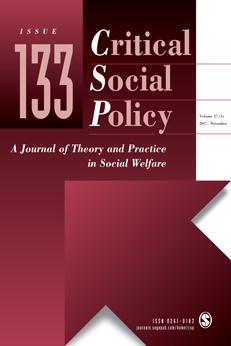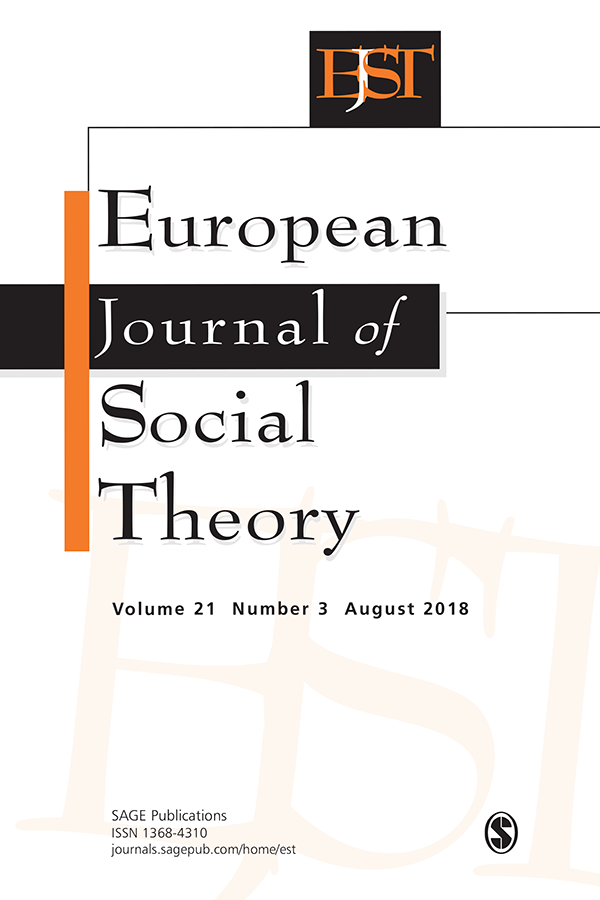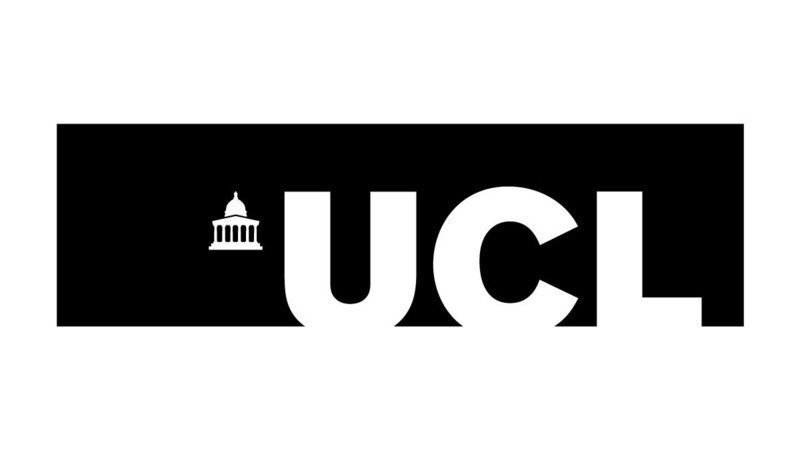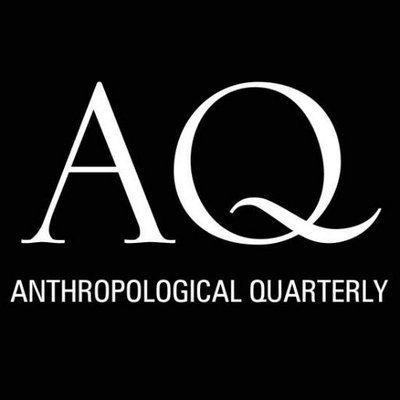
Research: UK
Professor Moore’s career has transitioned beyond academics to providing public commentary on issues that impact all of us living in the UK and globally. She has contributed to debates on topics such as Brexit, foreign aid, artificial intelligence, mass migration and the welfare state. In London, Professor Moore is Chair of the London Prosperity Board, an innovative cross-sector partnership that is re-thinking what prosperity means for communities in the capital and testing new ways of making sustainable and inclusive prosperity a reality.
